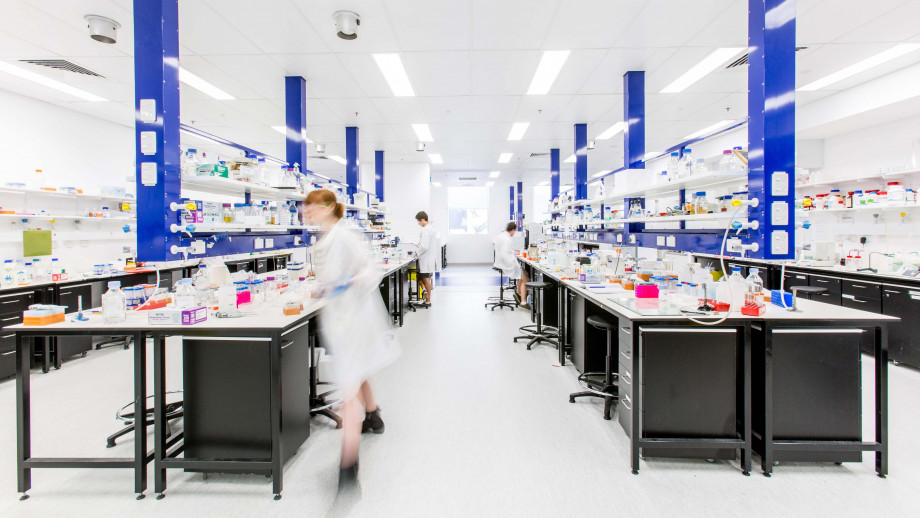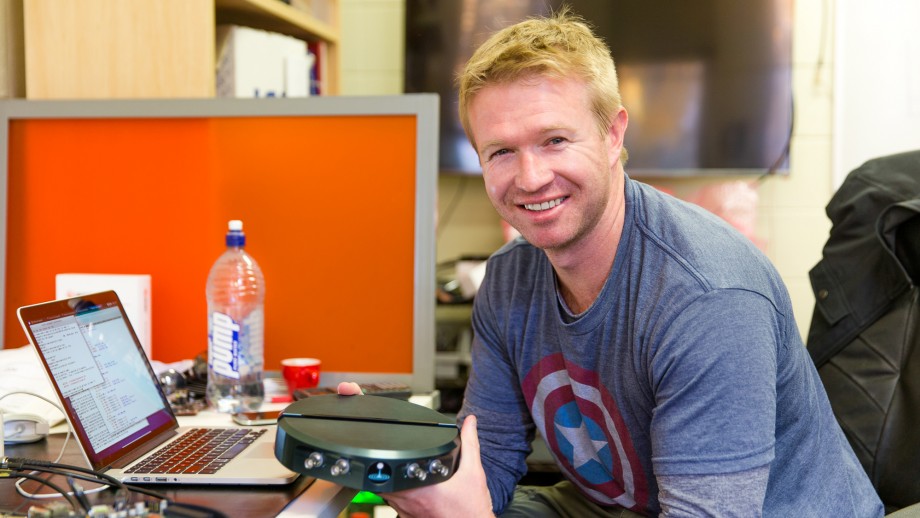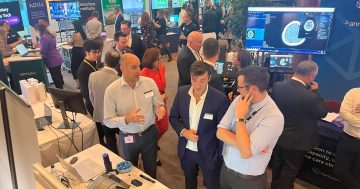
The Australian National University will be able to further its leading role in developing new start-up ventures in key medical and computing areas thanks to a new investment agreement.
The university will benefit from a new $200 million investment agreement between London-listed IP Group Plc, Australia’s Group of Eight universities and the University of Auckland.
Under the agreement, the money will be invested over the next 10 years in new ventures and intellectual property to emerge from research with a focus on digital medicine, medical therapies and quantum computing.
ANU Pro Vice-Chancellor of Innovation and Advancement, Professor Mick Cardew-Hall, said the new agreement will enhance the ANU’s ability to commercialise new innovations and to build on growing links with industry.
“ANU is delighted to be part of the new agreement with IP Group Plc and looks forward to further investment in some of the world-leading technology and research being conducted at ANU,” Professor Cardew-Hall said.
“ANU researchers are working every day on technology to help solve some of the great problems facing the world while developing the ideas and innovation that will drive the industries and jobs of the future.”
The IP Group Plc agreement will provide investments and support for innovations for up to 20 years.
In its role as a national university, the ANU has had a leading role in building links with industry and supporting start-up ventures to emerge from its students and researchers.
One of the major successes to emerge from ANU has been Beta Therapeutics, formed out of the ANU John Curtin School of Medical Research, which is working to commercialise new diabetes treatments for the world market.
Another company has been Liquid Instruments, which was started by Professor Daniel Shaddock (pictured below) from the ANU Research School of Physics and Engineering to make high-technology instruments for use by scientists and engineers.

Another successful ANU spinoff is Lithicon, which was sold to US-based company FEI in 2014. The business uses technology to help companies solve fluid behaviour problems in the oil and gas industries. Yet another success story is Seeing Machines, which is at the forefront of computer-vision technologies.
Top Photo: An ANU research laboratory
Above Photo: Professor Daniel Shaddock who started Liquid Instruments
(Photos supplied by ANU)













